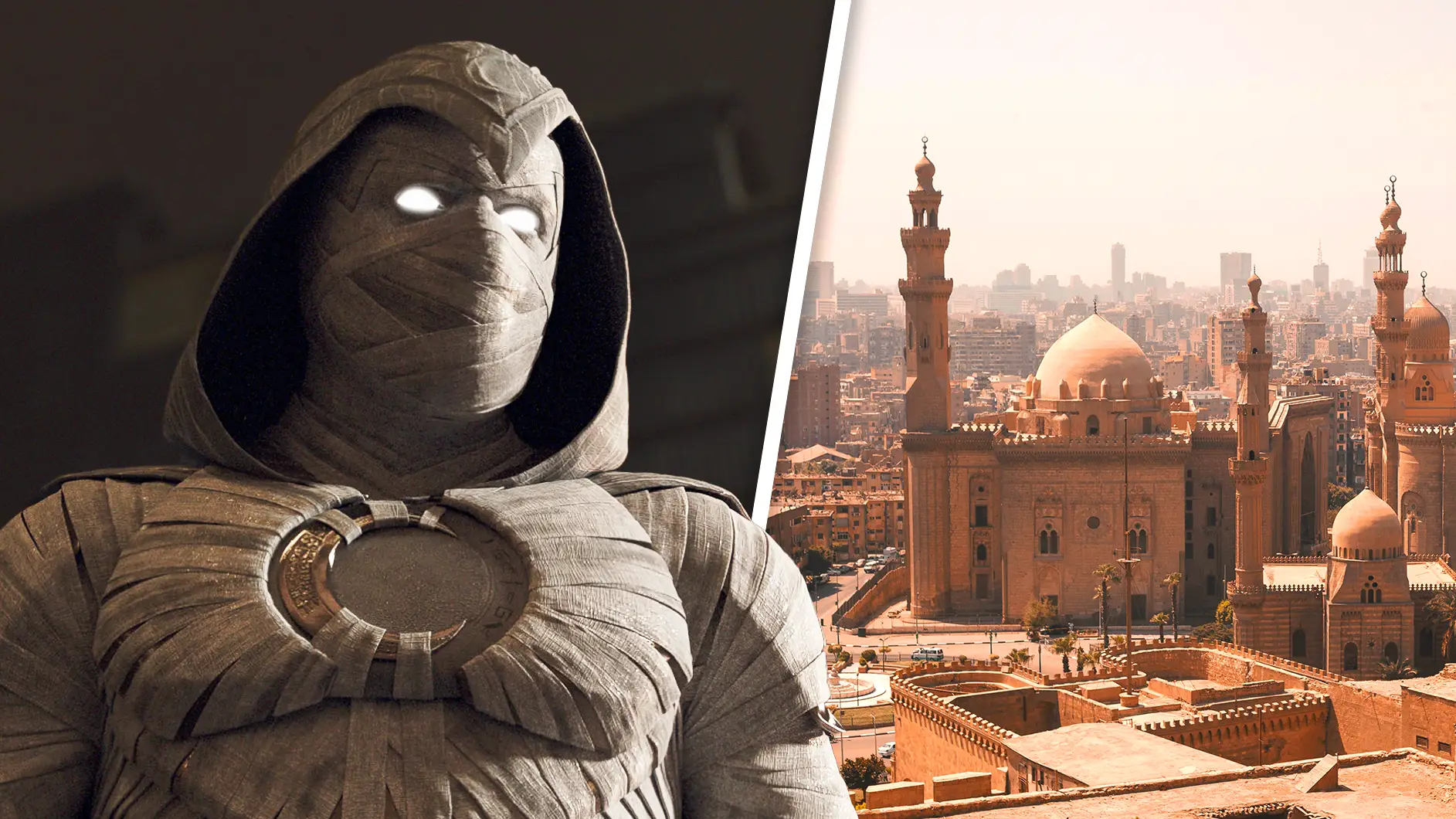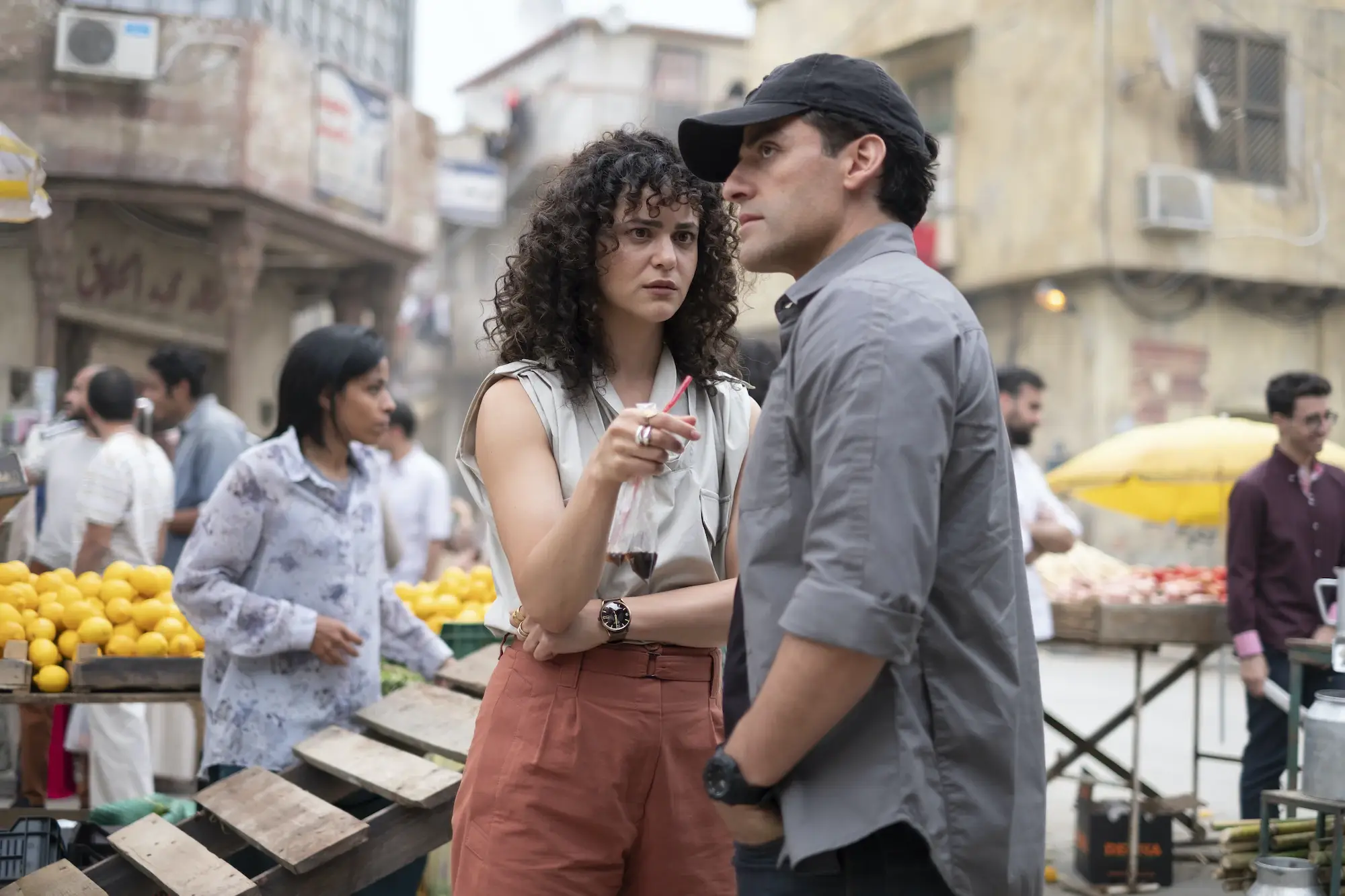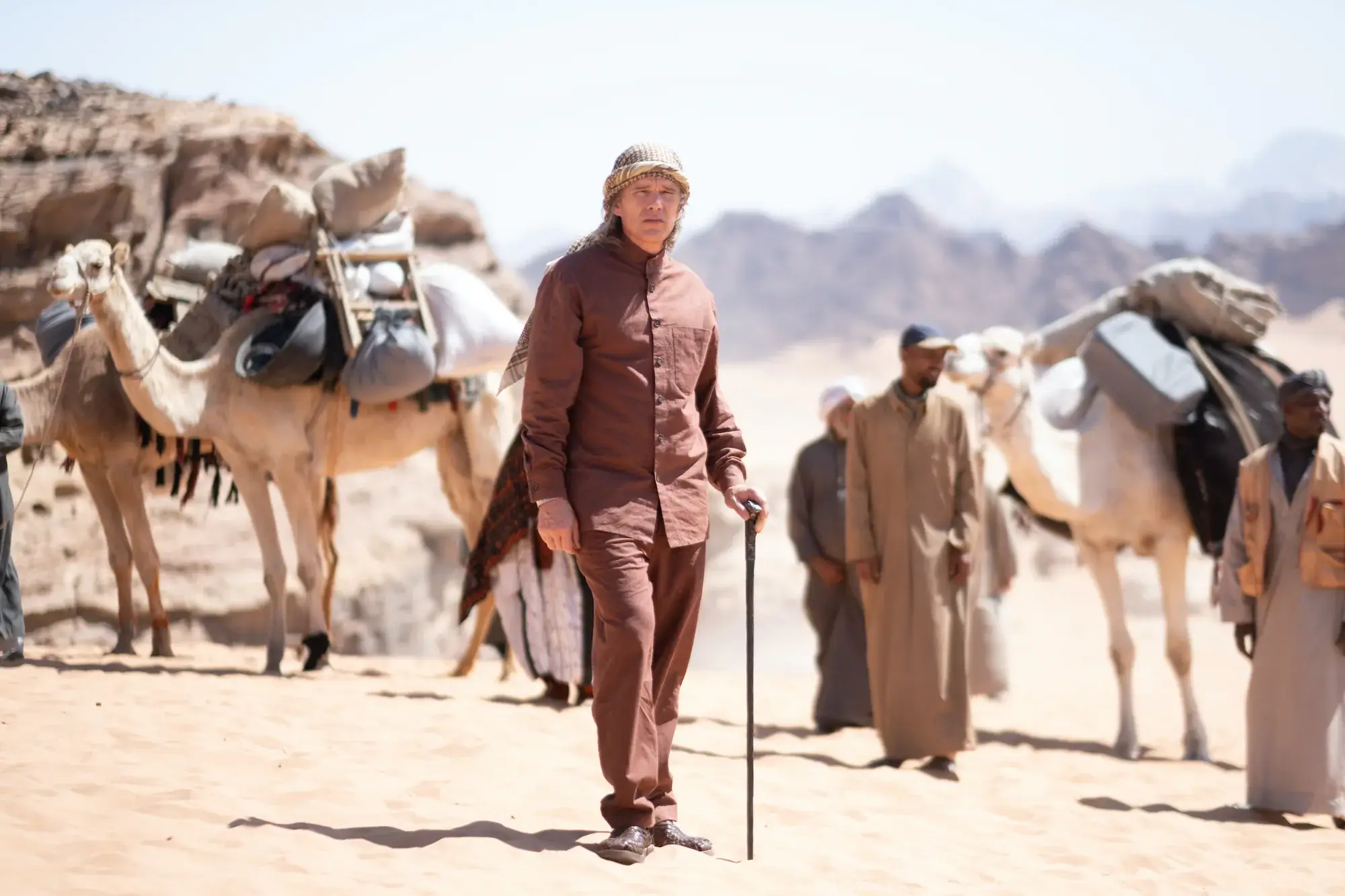
For the first time in a long while, a piece of media made by Hollywood is actually making me feel good to be Arab. Moon Knight is the latest Marvel series to hit Disney+ and I am extremely surprised at how positively and respectfully it leans into contemporary Middle-Eastern and North African culture. In fact, this series does such a great job of portraying that part of the world that even my mother, a woman who has never expressed an interest in anything superhero-related, loves the show.
Check out the trailer for Moon Knight right here.
Mohamed Diab, the Egyptian director behind four of the six episodes that make up the first season of Moon Knight, and also an executive producer on the series, has made a point of portraying Egypt in particular in an accurate way that Hollywood tends to never really do. Also the first Arab to direct a Marvel production, Diab’s intentions have been outlined with great clarity in interviews.
Advert
Speaking to Discussing Film, he shared how, in the media, “we always see [Egyptians] depicted, or the Middle East depicted, in a way that is – we call it orientalism when you see us as exotic and dehumanised.” Speaking to The Hollywood Reporter, he expanded on this: “A big part of our pitch was avoiding the orientalist look, which always dehumanises us. It shows us as exotic, where women are submissive and men are evil. And it wasn’t only about representation of the people, but of the place itself.” This is something that I’ve spoken about before, too, when discussing the topic of how Arabs are vilified in the media, and in video games.

Diab grabbed the opportunity to highlight the real Egypt through the Moon Knight series - and as an Arab man, the son of parents from North Africa, I felt unashamedly proud when watching it. Hearing Arab trap music during the opening credits of episode three, ‘The Friendly Type’, had me literally dancing in joy in front of my partner. Seeing the city of Cairo shown as being full of skyscrapers, a genuine modern metropolis, and not seeing Egypt as an endless succession of orange-tinted desert shots was a huge breath of fresh air.
It’s worth noting that Moon Knight isn’t filmed in Egypt due to the country’s current political and media censorship situation. But it’s incredible to see what is possible, even through clever editing and CGI, when an actual Egyptian is given the reins to film a series around their home country, and hire Egyptian crewmembers, too. Diab was keen to avoid the missteps of previous productions, and called out one of them in particular as doing Egypt dirty.
"I remember seeing Wonder Woman 1984,” he told SFX, “and there was a big sequence in Egypt and it was a disgrace for us. You had a sheikh - that doesn't make any sense to us. Egypt looked like a country from the Middle Ages. It looked like the desert."

While I’ve not visited Egypt myself, I have on multiple occasions visited my home country of Algeria, which isn’t a million miles away either geographically or culturally. I’ve seen first-hand how incredible that North African country is, and it is criminal how Hollywood has always depicted places like it to be backwards compared to Western settings. Mohamed Diab has done a stellar job with Moon Knight to actually highlight some of the beauty of not just Egypt but also the wider continent, and steer his lens away from the tourist-trap sights and onto the reality of living in these places in the 21st century.
Seeing how brilliant Moon Knight is so far in terms of representation for MENA people gives me a lot of hope for the upcoming Ms. Marvel series, and how that will represent Muslims when it debuts on June 8. Just like how Moon Knight doesn’t make me feel ashamed to be Arab, I hope the same is achieved with Ms. Marvel where I can also feel proud to be Muslim.